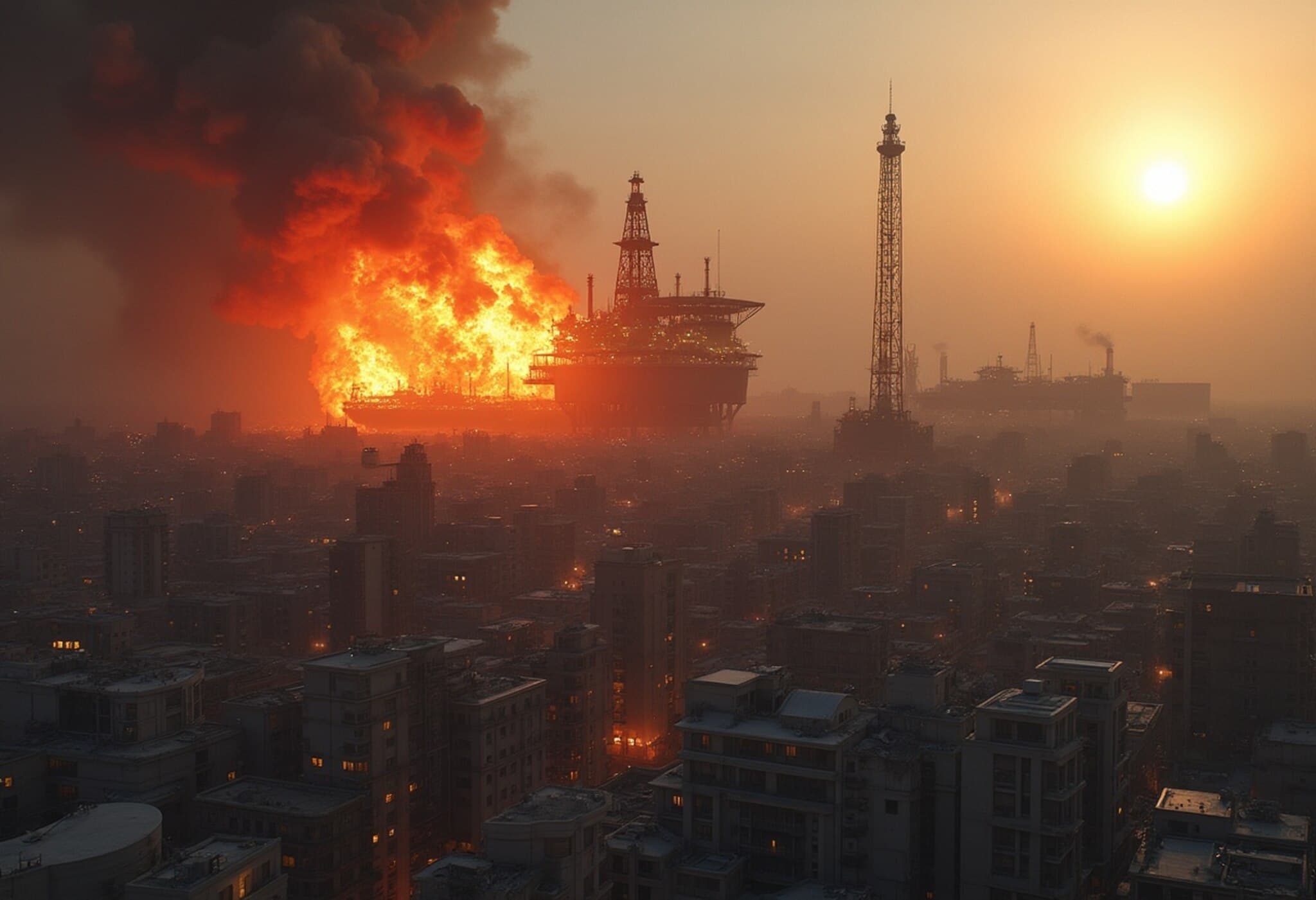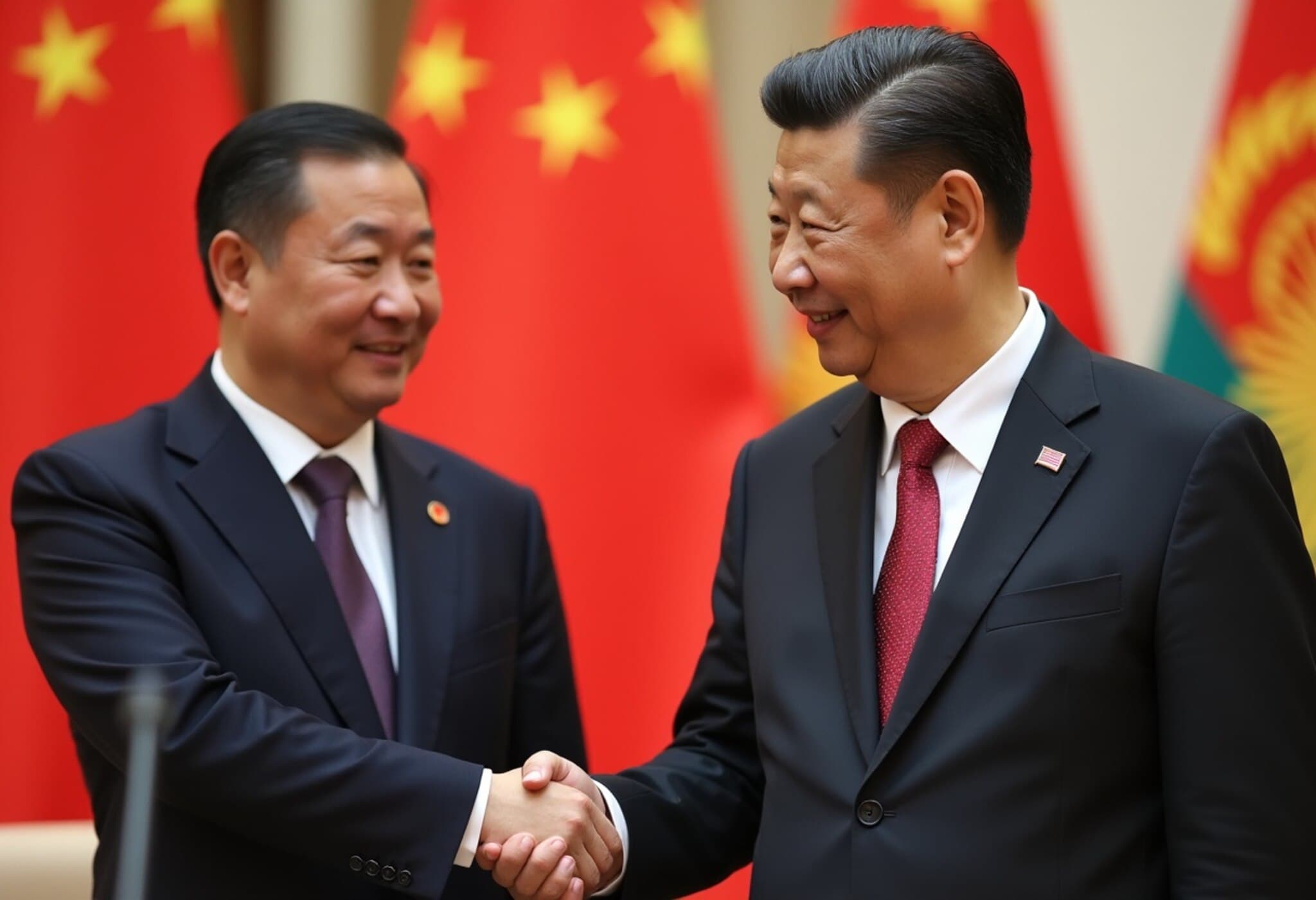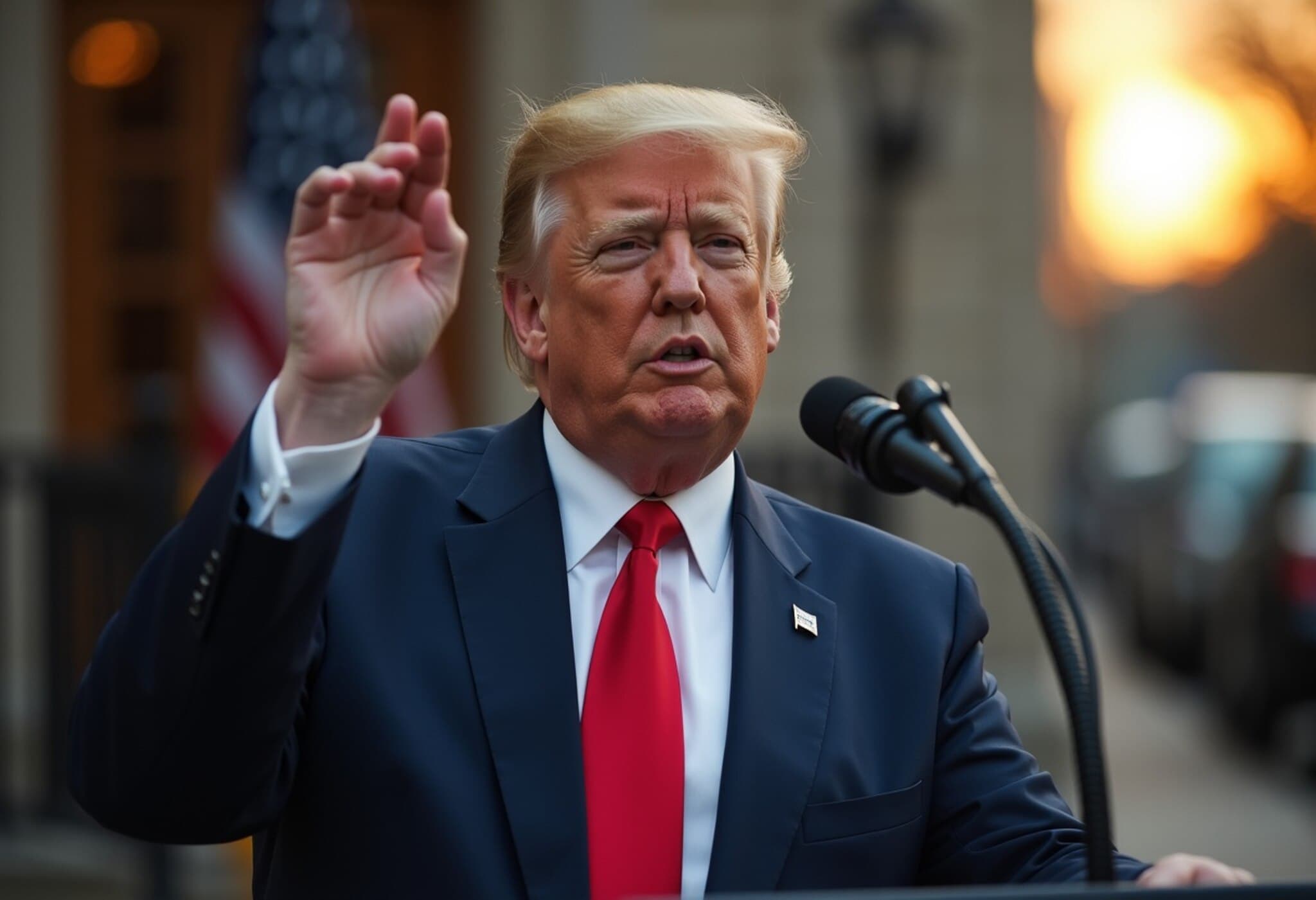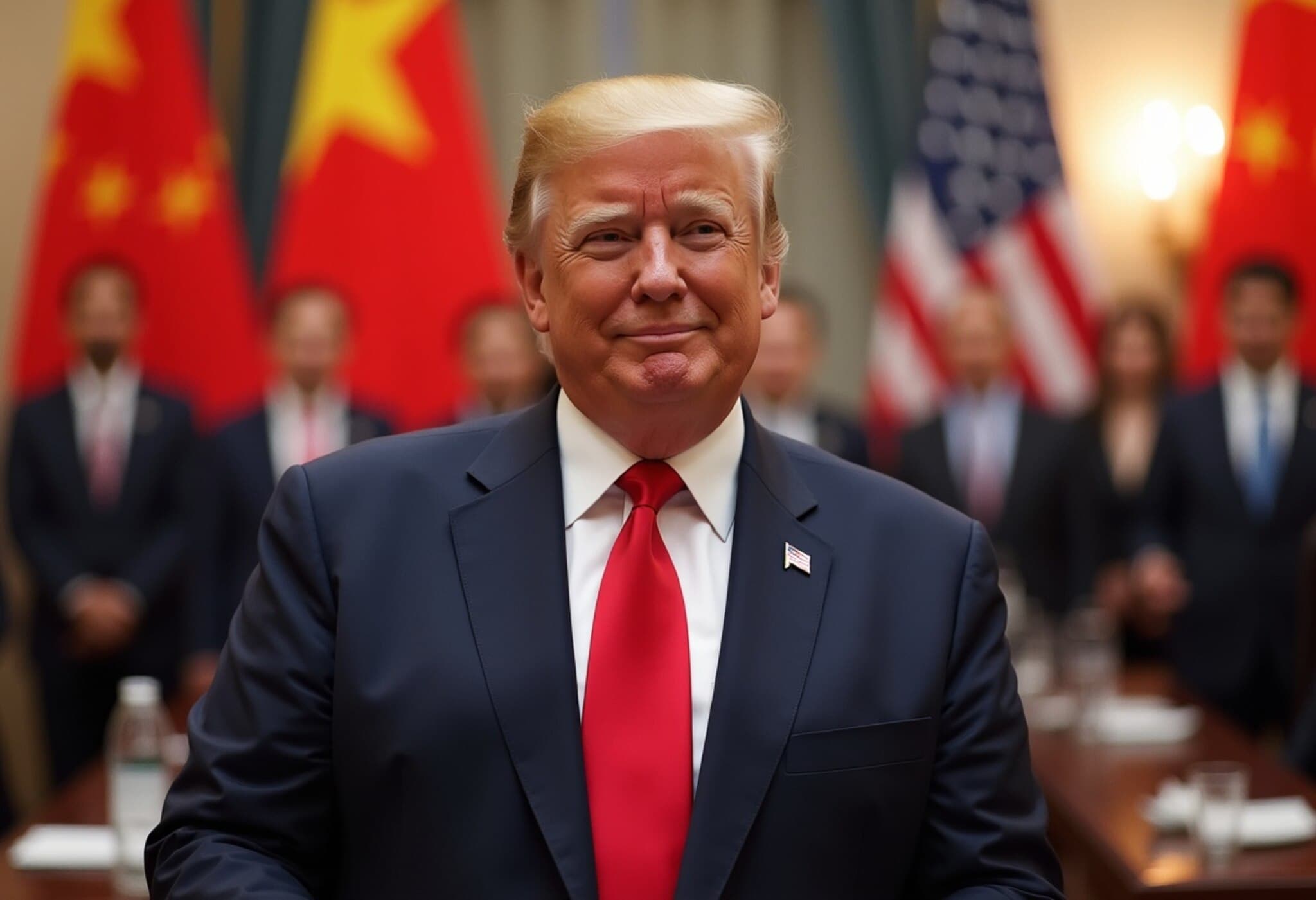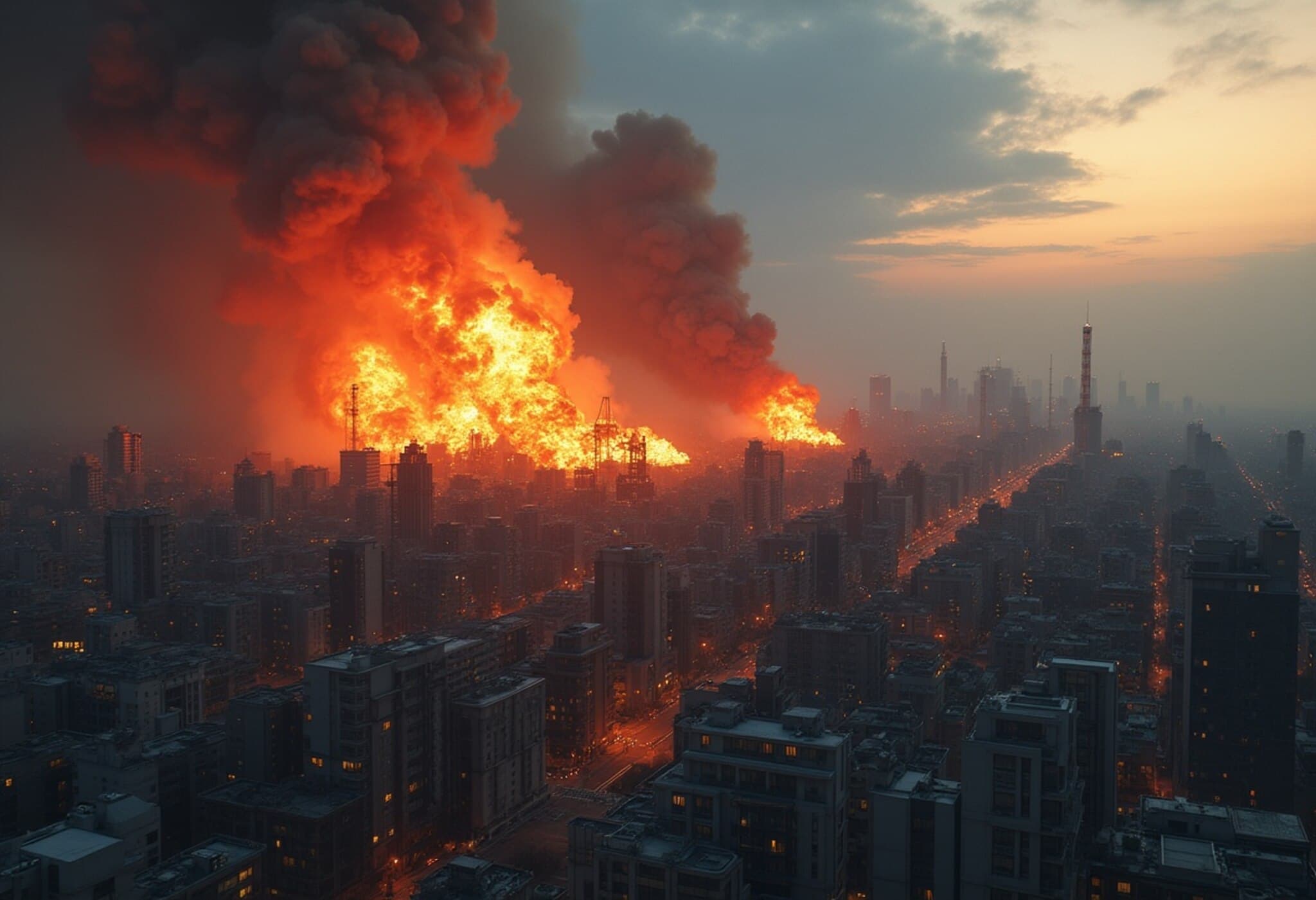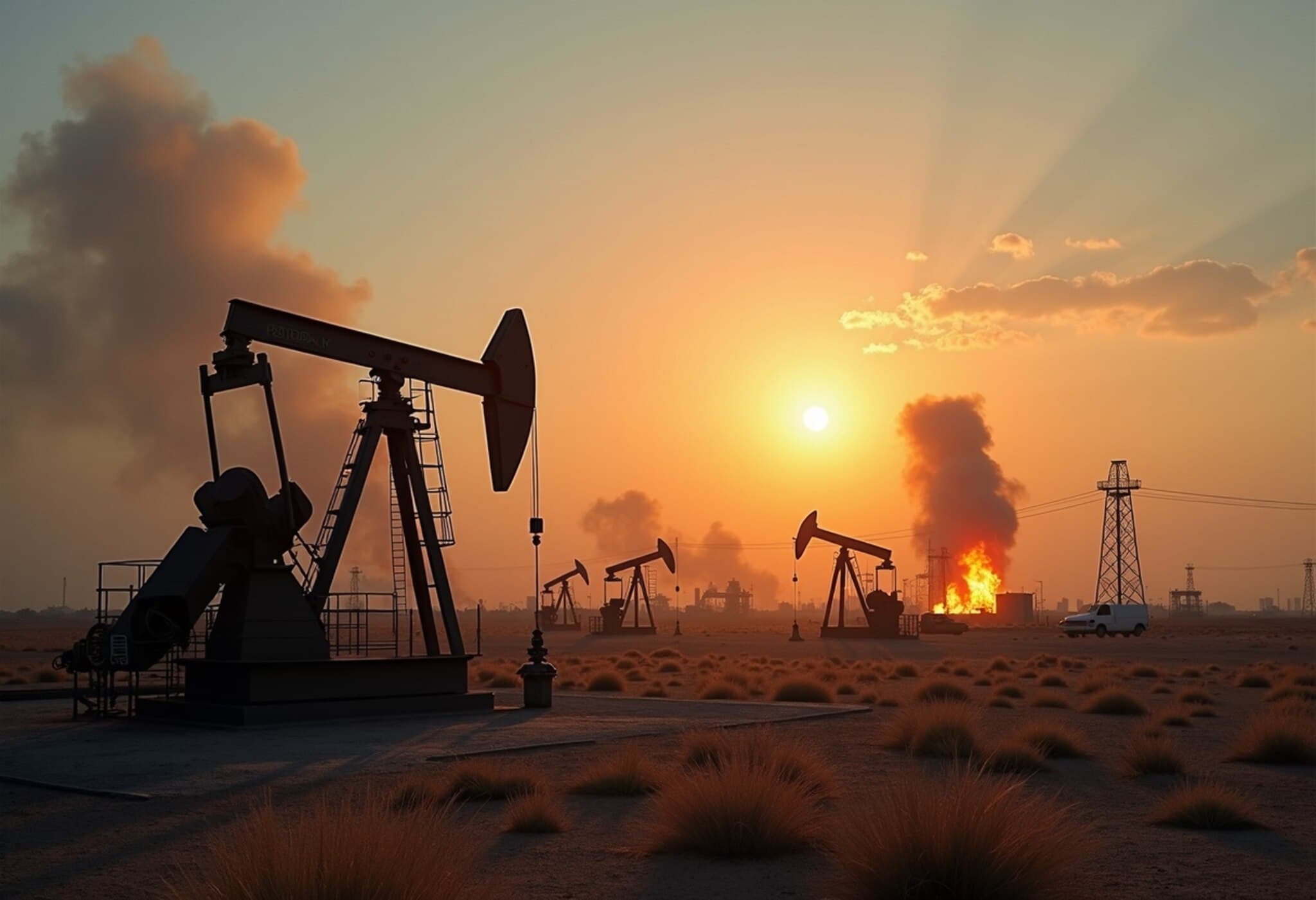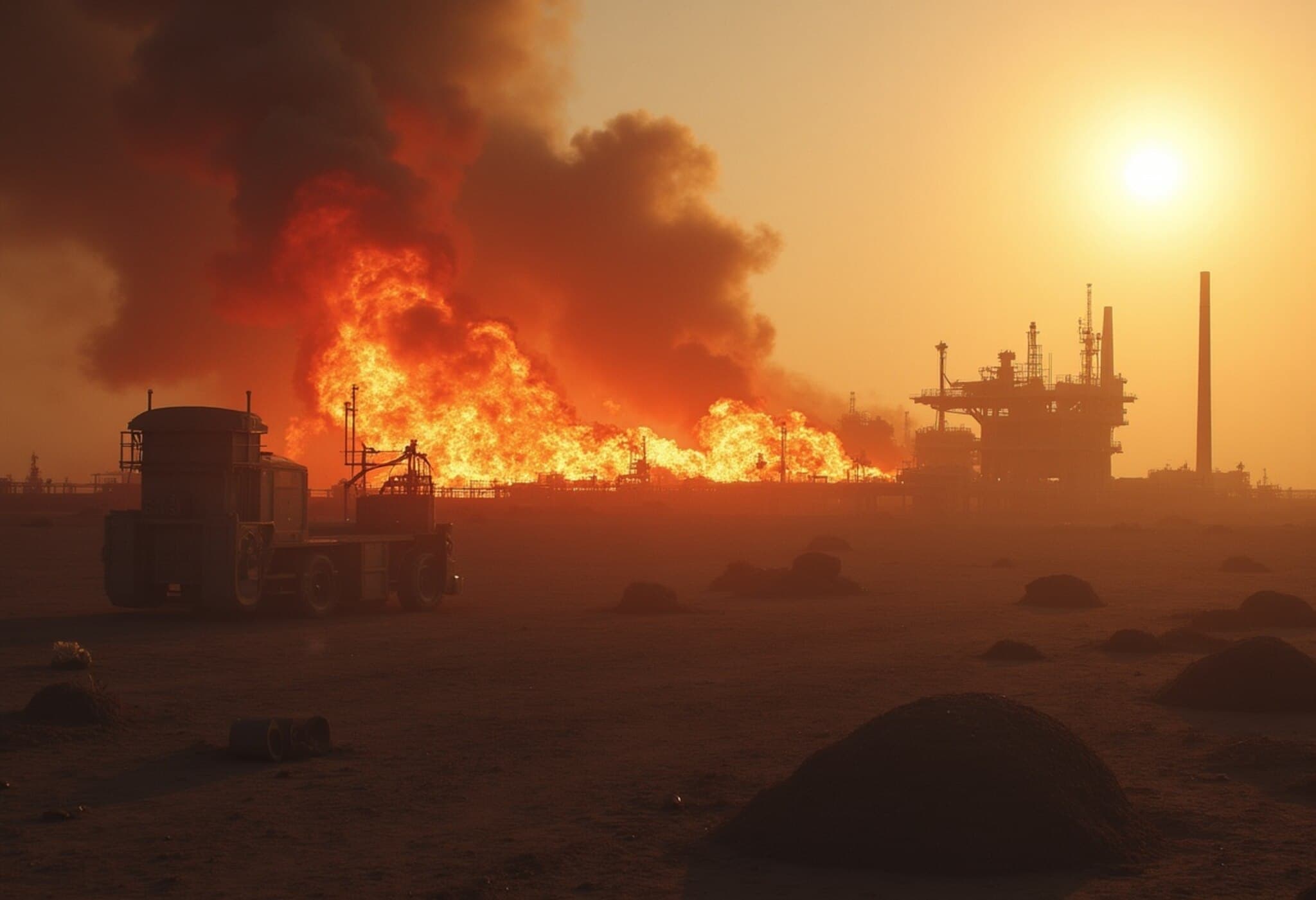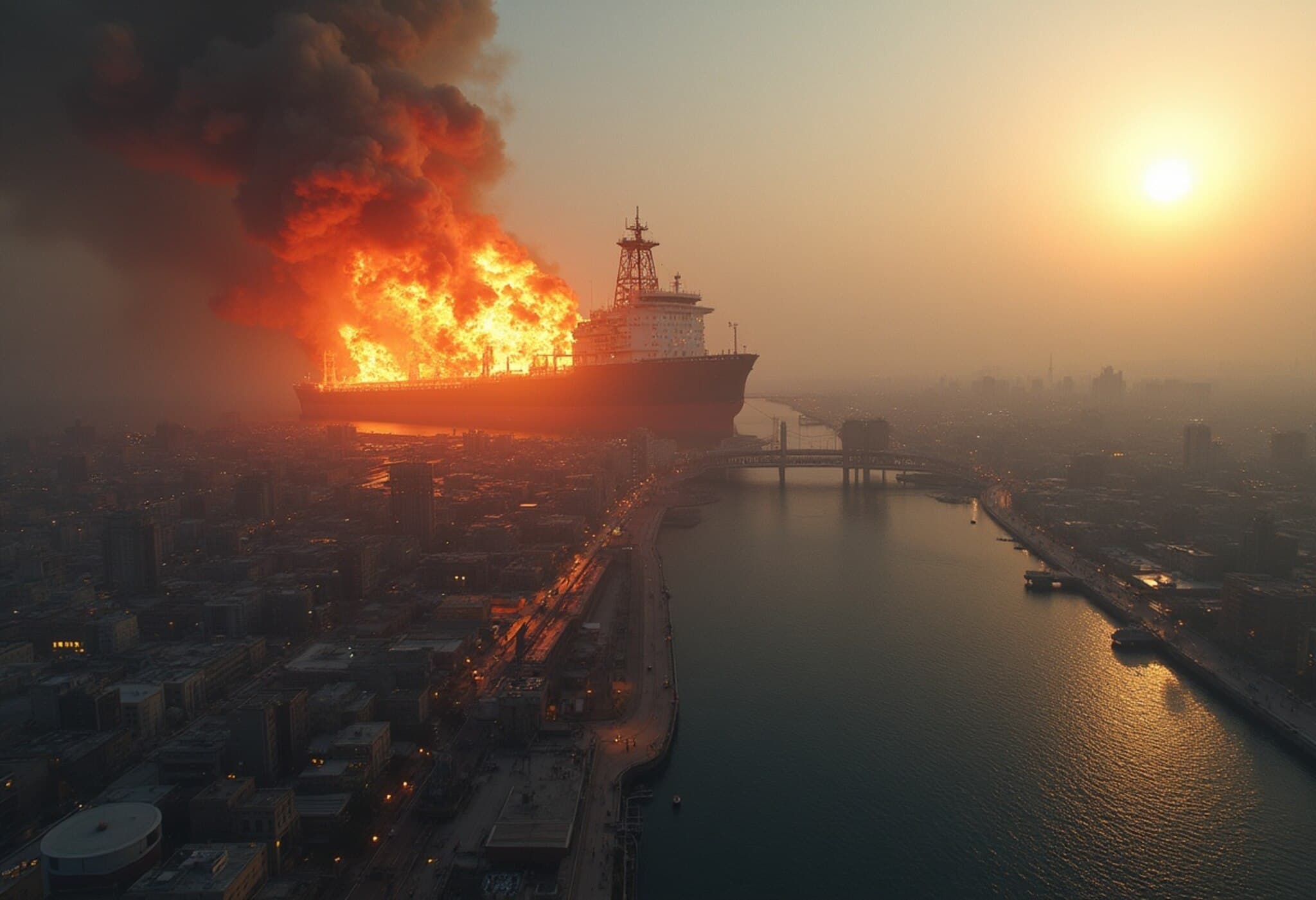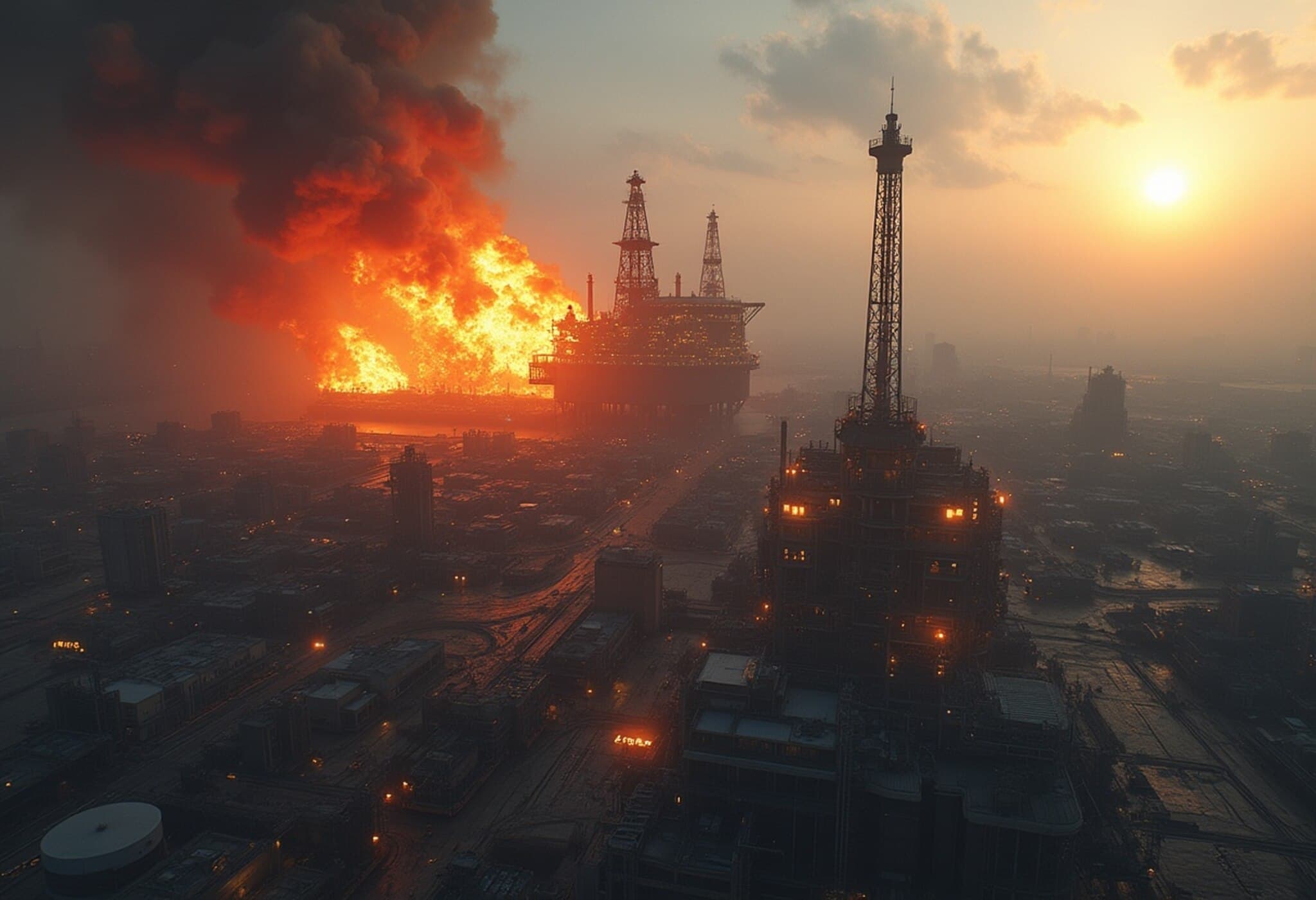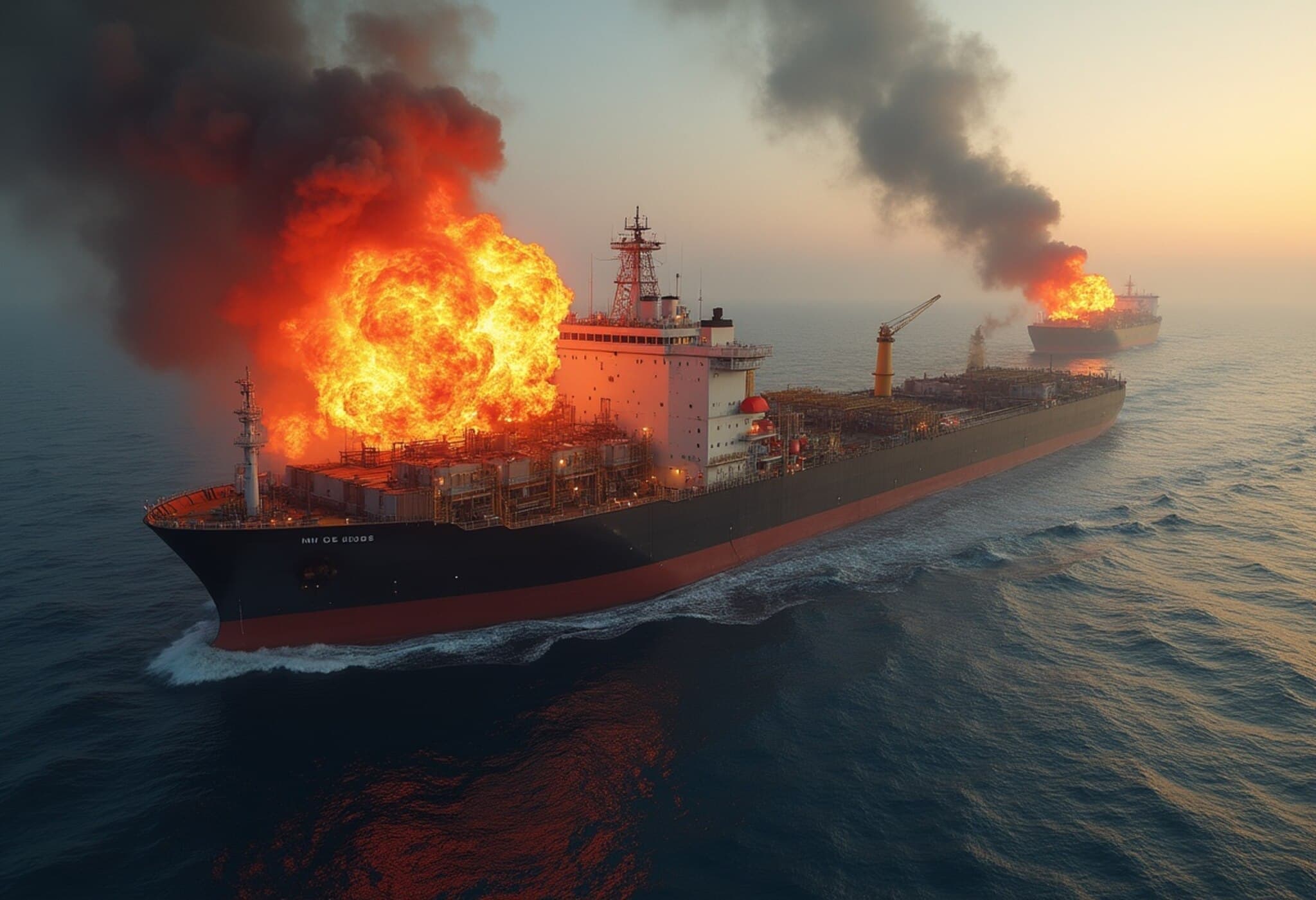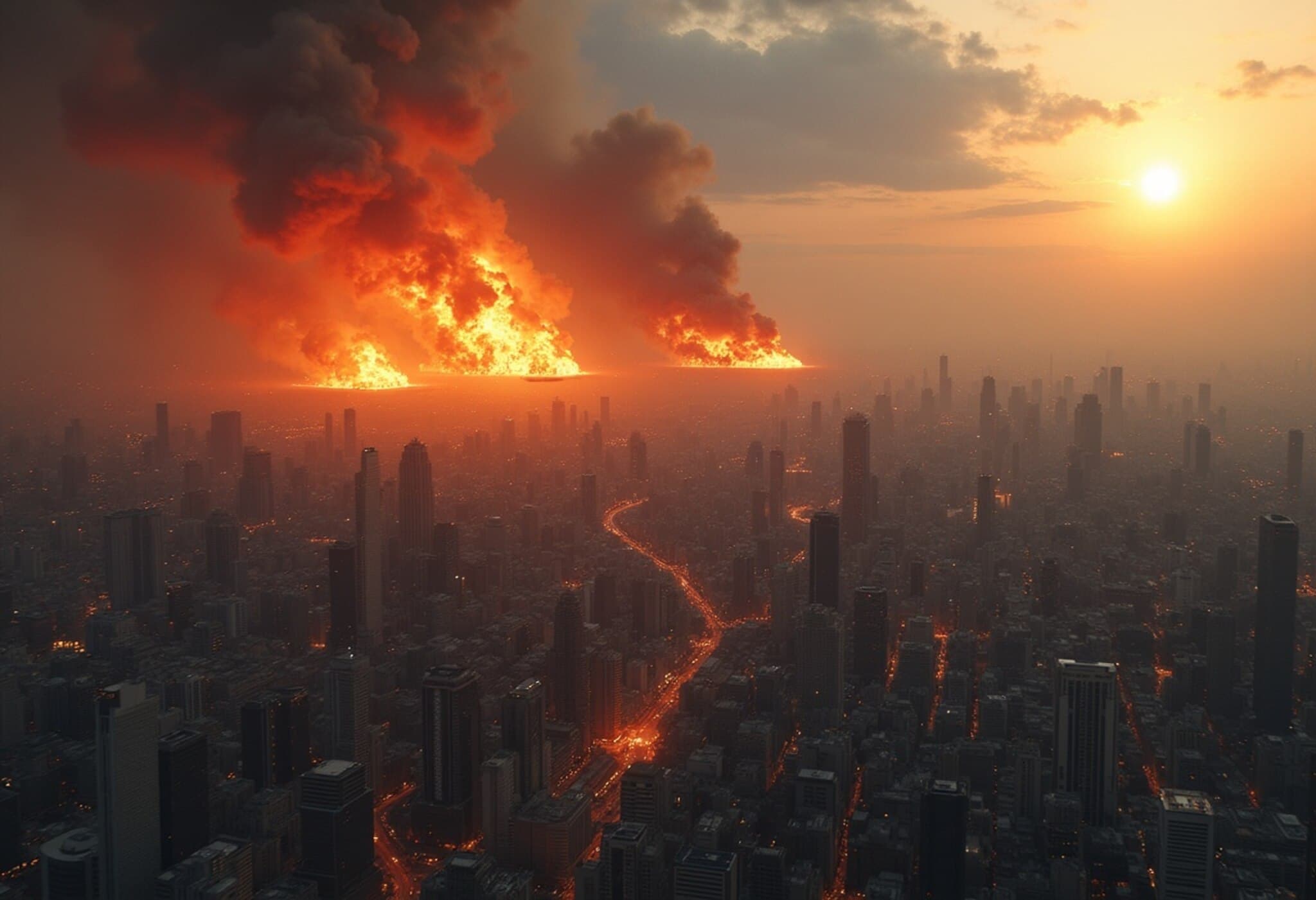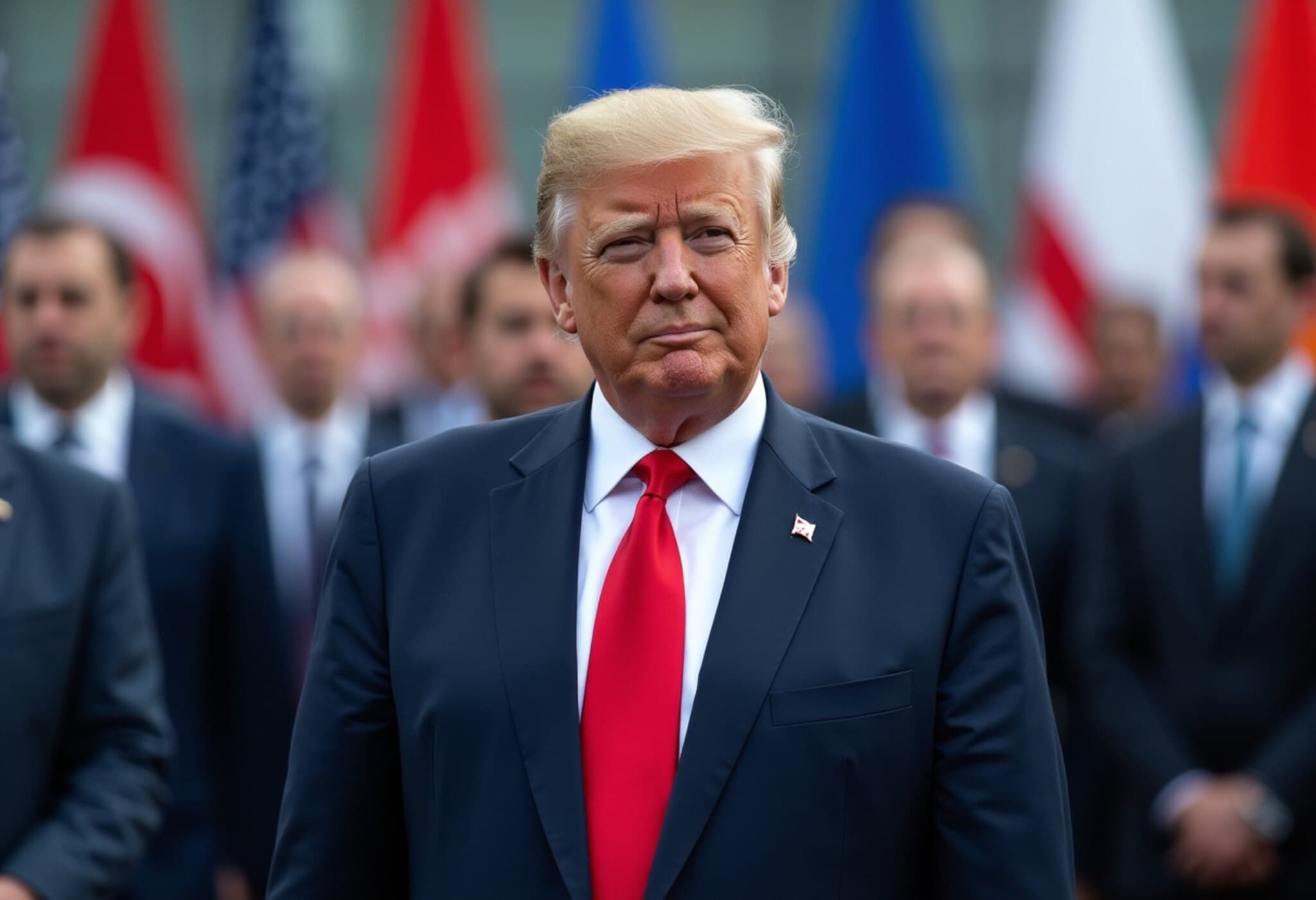Oil Prices Surge Amid Rising West Asia Tensions
Oil prices climbed to a five-month peak on Monday following intensified tensions in West Asia after recent US strikes in Iran. Despite the spike in crude prices, Western stock markets remained relatively steady, with investors adopting a cautious, watchful stance ahead of possible Iranian retaliation.
US Airstrikes and Iranian Response
The US military targeted key Iranian sites at Natanz, Fordow, and Isfahan over the weekend, escalating hostilities in the region. Iran has vowed to retaliate, potentially targeting US interests in West Asia. Analysts warn that Iran’s response might also include cyberattacks or sabotage beyond conventional military action.
Energy Markets on Edge Over Strait of Hormuz
The Strait of Hormuz, controlled by Iran, has become the focal point of global energy concerns. Approximately 20% of the world’s oil and gas supply transits through this narrow waterway. Calls within Iran to block the strait have intensified in light of recent attacks.
Oil prices surged dramatically — Brent crude jumped about 3.8%, from $78.97 to a peak of $81.40 before settling slightly higher by 0.39%. Analysts warn that a blockade here could push global crude prices to $120 per barrel, while US inflation could climb to 5%, according to JPMorgan Chase experts.
Market Reaction: Steady but Tense
While oil prices fluctuate, stock markets displayed resilience amid the unfolding geopolitical friction. Dow Jones futures edged down a slight 0.06%, S&P 500 futures dipped 0.04%, and Nasdaq-100 futures inched up 0.09%. Treasury yields saw a marginal increase, with the 10-year note yield rising by two basis points to 4.389%, signaling no significant flight to traditional safe havens yet.
Market strategist Adam Crisafulli highlights a tempered investor response to the crisis, attributing it to the significant imbalance in military power between the US and Iran and Tehran’s increasing isolation. He notes the global oil supply cushion as a factor helping contain broader market panic.
What Lies Ahead?
The global economic outlook hangs on whether Iran will escalate by disrupting oil flows through the Strait of Hormuz or opt for non-kinetic retaliation. Any blockade or prolonged conflict could severely strain energy supplies and push markets toward volatility unseen in recent months.
For now, investors remain vigilant yet measured, keeping a close eye on diplomatic developments and potential shifts in the regional power dynamics that ripple through the global economy.

